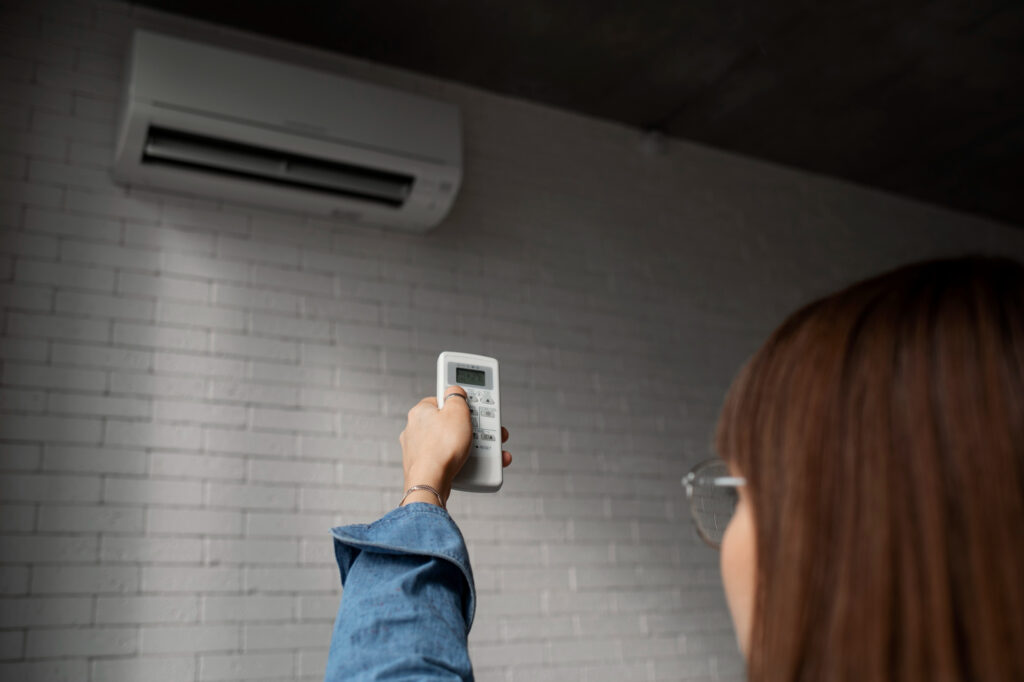
Essential Things To Know About Compressor In AC Units
Table of Contents
When discussing air conditioning systems, it is vital to spend a lot of emphasis on one of its critical components, the compressor. This is because the compressor is one of the most significant parts of an air conditioning unit. Those who own air conditioning units should educate themselves further on this mechanical appliance. Your ability to take care of the maintenance requirements for your HVAC system will improve in direct proportion to the amount of knowledge you have regarding the subject. When your air conditioner starts showing signs of malfunction, you need to get it checked out by a professional who can fix it at a price you can afford. While it is helpful to know the compressor, it is equally essential to be aware of the necessity of obtaining a reasonably priced repair. It doesn’t matter if you have air conditioning at your office or home; to maintain its integrity, you need to be knowledgeable about the system.
Compressors, on the other hand, will be the main topic of discussion throughout this piece. To facilitate discussion on this topic, we have compiled the following points. Let’s have a look at it.
The first step is to deduce the compressor position. This component can be found in the outside air conditioning unit attached to your home’s side or the back. This outdoor unit contains several additional components, including a fan, a condenser, a condenser coil, and many more. Your air conditioning system’s indoor and outdoor units are connected via a copper tube containing refrigerant. When the indoor and outdoor units are linked together, they remove the warm air from your home and replace it with cool air by working in tandem. Only the experienced Air Compressor Mechanic knows how to deal with compressor issues,
Let’s get into the nitty-gritty of how this mechanical device operates. By examining the operation of the cooling mechanism in a central air conditioner with a split system, we may understand what it is like to experience it ourselves. During this stage, the apparatus draws hot air from the interior space, sends it through an evaporator coil to be cooled, and then introduces cold air into the exact location. By absorbing the heat from the surrounding air and converting it to gas, the liquid refrigerant helps to maintain the evaporator’s temperature. The same gas is routed via the condenser coil, where it undergoes a second transformation, this time back into a liquid state; this process is repeated repeatedly. In this particular procedure, the compressor performs the task of moving the refrigerant between the condenser coils and the evaporator.
This unit contains the compressor, responsible for cooling the refrigerant after it has been ignited by the component that initiates the chain reaction. It should be acknowledged that heat naturally gravitates toward cooler environments. Heat exists as air passes through to the evaporator unit, which is set at a temperature equal to the surrounding environment. The heat from the air is transferred to the refrigerant, which would then be pumped into the compressor by the compressor.
After that, the refrigerant is compressed, which causes it to condense into a fluid, which is then set to release under high pressure. At this point, the refrigerant is significantly hotter than it was when it was introduced, but the condenser coils would then dissipate the heat. By the time it reaches the other end of the loop, the refrigerant has cooled down and is ready to be pumped into the evaporator coils again. While the air conditioner is running, this cycle will continue indefinitely. Specific HVAC systems are equipped with compressors that reverse the procedure, producing hot air instead of cold air.
Your air conditioner is operating correctly, provided the compressor continues to work efficiently. If anything goes wrong with it, you should not try to fix it on your own because it requires the attention of a certified Air Compressor Mechanic. Instead, call a professional. Your compressor may exhibit such noises as banging, hissing, bubbling, poor cooling, and difficult starting, all indicative of problems with the compressor’s ability to switch on and off correctly.
Also Read: Keep Your Computer Running Smoothly by Not Overloading It with Air Compressors
Conclusion
If you suspect a problem with your air conditioning system, you should contact an Air Compressor Mechanic. The source of the issue will be identified, and it should take little time for trained professionals to provide a solution. Finding and employing the best specialists can be time-consuming; as a result, you should give some thought to specialists who offer the most professional and qualified specialists. Suppose you want to have complete faith in the experts working on your system. In that case, you must thoroughly investigate their past and read reviews before making your hiring decision.

